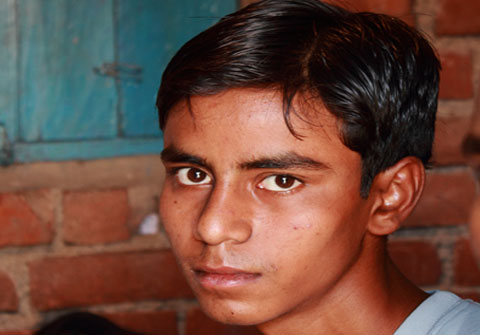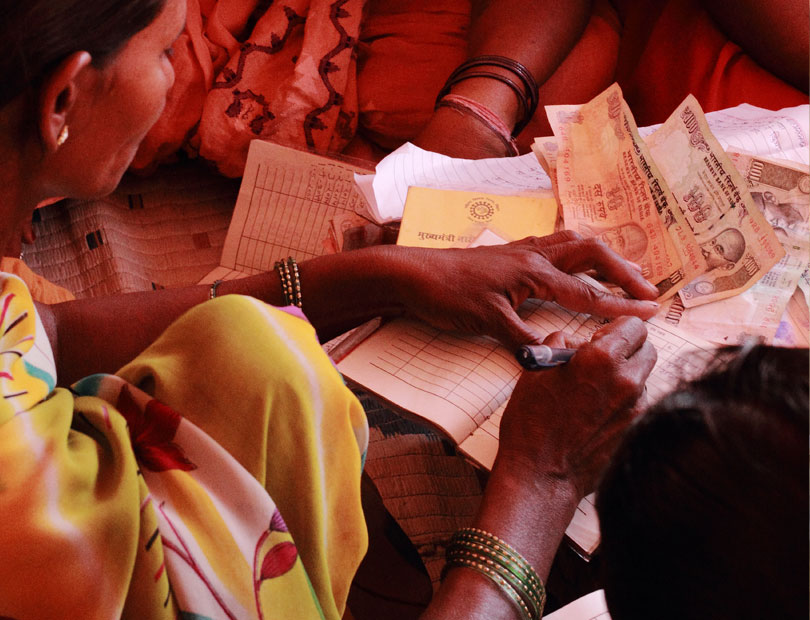For Reena Devi, Sakhi Salahkar (Peer Educator) of the Durga SHG, Dhiraundh Village (Bihar) initiation into the Do Kadam Barabari Ki Ore project was a life changing event. Enthusiastic, Reena would organize fortnightly sessions for her group members
What happened: “On May 15th 2014, we had just conducted a session on schemes for financial inclusion under the Do Kadam project. I was a co-facilitator in the meeting. I finished the session at the usual time and reached home to find my husband waiting for me. He was very angry and without saying a word, he started beating me. First he used his hands and then he started showering kicks. Still not satisfied, he hit my head with a bamboo stick. He continued hitting me till I fell down on the ground. I don’t know how long I lay on the cold floor but I was very scared. I kept hoping he would stop. But he didn’t. He then dragged me out of the house and dumped me in the cowshed. I kept crying in pain but no one came to my rescue. I lived in the cowshed for many days. Some days some neighbours would offer me some food, but most of them were too scared to face my husband and avoided me”
When Reena didn’t come for the regular SHG meetings, her group members grew perturbed and found out what happened. She was first taken to the hospital for treatment. Reena’s case was then taken up at a village level meeting, organised by the Group, in which they also ensured the presence of the Mukhiya and Sarpanch of the Dhiraundh village.
The community members pressurized Reena’s husband to provide her rights over half of their house. The community members even threatened to take the matter to the Police Station, if he disagreed.
What helped me: “I realize today that I should have spoken up against this a long time ago. I let him hit me for so many years for no fault of mine. Earlier it was only occasional attacks, but then after many years, when we didn’t have any children, the attacks increased. Any small excuse and he would raise his hands on me.
Is the woman solely responsible for producing children? Is that her only role in life? I am grateful to my group members who stood up by my side. I am so happy to be part of the Do Kadam project. It has taught me my self-worth. Today I share my story with other women facing violence and help them end the violence in their lives”
Reena Devi continues to be an active member of the Durga SHG group and a key Sakhi Salahkar of the village, working with women in her village, working with the Do Kadam intervention and advocating for non-acceptance of violence.



